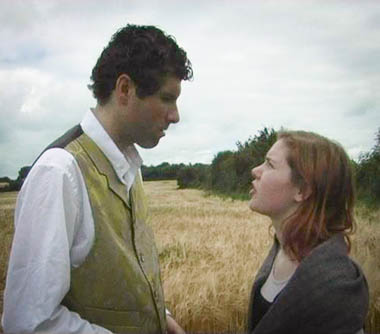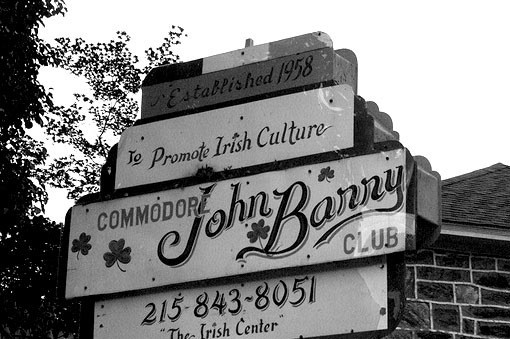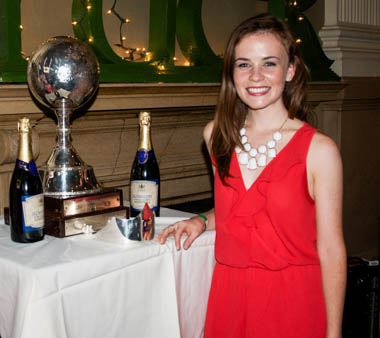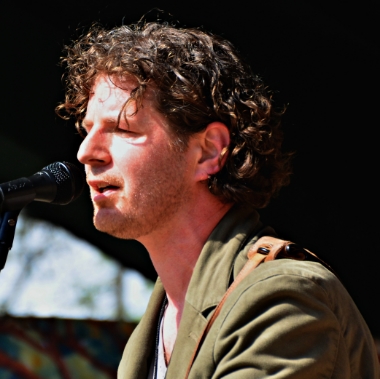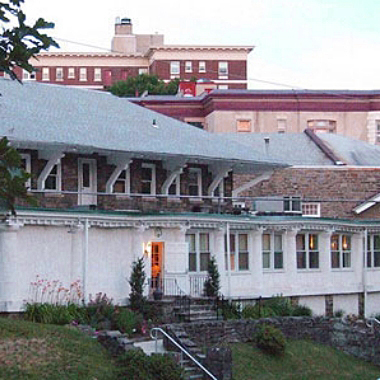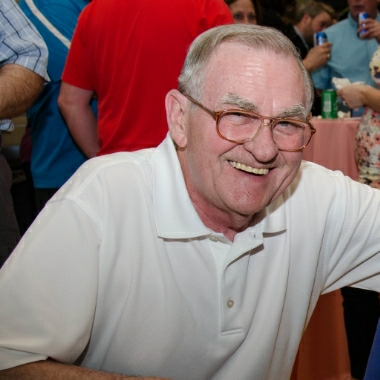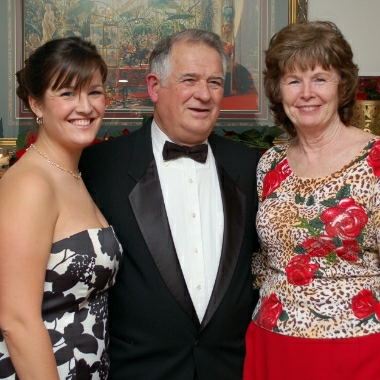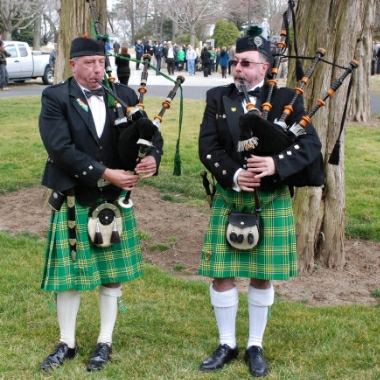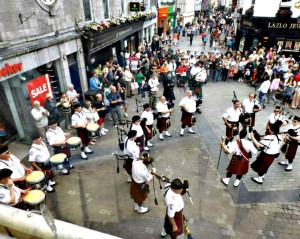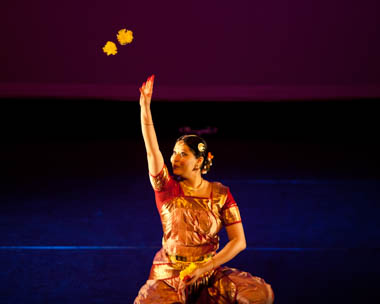
“Ragas and Airs” debuts at The Irish Memorial on Saturday.
When sculptor Glenna Goodacre created The Irish Memorial in Philadelphia, she intended to tell a specific immigrant story in bronze the color of anthracite, that of the Irish, fleeing starvation, and risking their lives to start over in a new land.
It was not Shaily Dadiala’s story. She arrived from India in 2000 to get her master’s degree in pharmacy. But when she saw the sculpture at Front and Chestnut a few years ago, it “gave me goosebumps when I saw what it was,” she says. “You see all the people descending from the ships, all leaving home and missing it for the rest of their lives. I understood that.”
And it sparked an idea. She’d long ago abandoned her study of pharmacy to follow her first love—dancing. Trained from the age of 4 in Bharatanatym, a classical dance developed as a devotional in the Hindu temples of Southern India, she founded Usiloquoy Dance Designs, a dance company that combines the percussive footwork and hand and facial gestures of what’s known as Indian ballet with cross-cultural music.
That is why, on Saturday, at the Irish Memorial, you will see this uniquely Indian dance performed to “Saucy Sailor,” by local Celtic performers, Burning Bridget Cleary. It is part of an unfinished dance called “Ragas and Airs,” which Dadiala is choreographing, in part with the help of a grant from the Pennsylvania Council on the Arts.
As she did with the Irish Memorial, Dadiala found common ground with Celtic rhythms. “Five or six years ago I heard this most melodious music, so complex and so similar to Indian classical music and I didn’t know what it was,” she says. “When I looked into it—it was Irish music–I realized that the folklore and stories that went with Irish music had an intersection with my own culture. I live in Fishtown and I had an epiphany. Here I was living in a place that was very Irish but very like me, so different, but so much the same in our constant nostalgia for our homelands and our desire to hold on to our tradition and our stories. The Irish here are holding on to something from two centuries ago.”
For Indians, like Dadiala, the nostalgia goes back a little further. As a dance form, Bharatanatyam is about 4,000 to 6,000 years old. But it can easily tell the universal stories Diadala wants to share through dance.
“We chose the song, Saucy Sailor, which is about the element of teasing back and forth between a girl who flirts with him and then is put off by him, and he backs off, telling her that ‘many girls I can have.’ So she feels abandoned and she wants him back. This is an old story,” Dadiala says, laughing. “It appeals to a large section of humanity because it occurs over all oceans. So many of our songs are based on Krishna, the blue-eye god, and his many admirers—it was never clear who he really liked.”
Dadiala also uncovered the work of a 17th century poet from Tamil Nadu in Southern India who wrote lyrics in Sanskrit, an Indian language, to music he heard while living under the rule of the British East India Company—music that ranged from waltzes, polkas, to Celtic jigs and reels. In fact, it spawned a new genre of music called Nottuswara Sahitya reflecting the cultural interaction between the east and west in the 17th century.
“The choreography pays tribute to the historically rich textile industry run largely by Irish settlers in the Kensington section of Philadelphia while acknowledging the divine feminine represented in the lyrics,” says Dadiala.
Usiloquoy is also performing to the music of Irish jazz musician Ronan Guilfoyle, a piece called Khanda-5 Cities, which he wrote and was performed in collaboration with the South India-based Kamataka College of Percussion and traditional Irish musicians. There will also be another dance based on Guilfoyle’s piece inspired by the parallels between Sadhbh and Fionn mac Cumhail (Saba and Finn McCool) and Rama and Seeta from the Hindu scripture Ramayana (among other things, a deer plays a role in both stories).
Dadiala said the moment she saw The Irish Memorial, she knew that where she wanted to mount her production. “I prayed, please, please, please can we dance here!” she laughs. She said much the same thing to the Irish Memorial committee which quickly said yes.
Dadiala plans two performances 30 minutes in length, one at 4 PM and the other at 7 PM at the memorial, which overlooks Penn’s Landing. There will be time for a Q & A and a demonstration of the Indian dance style—with audience participation welcome. “You don’t have to feel committed—you can just peek for a few minutes,” she says.
But what she hopes you’ll take with you is that no matter where you’re from, our fundamental stories of love, fear, courage, and life, are the same. “We are taking some artistic licence, but we’re telling the same story basically of all of us,” she says. “That’s our mission: Let’s build consensus and unite the world!”

